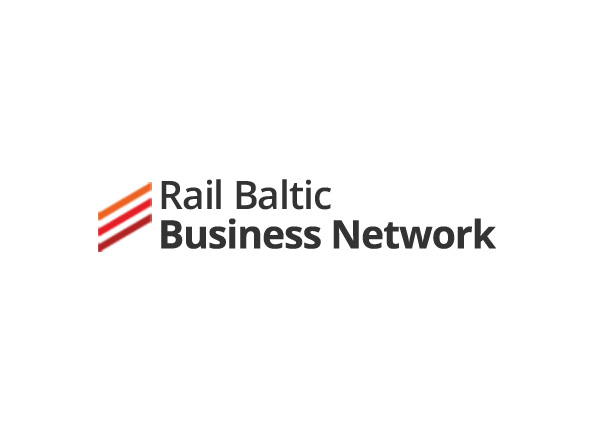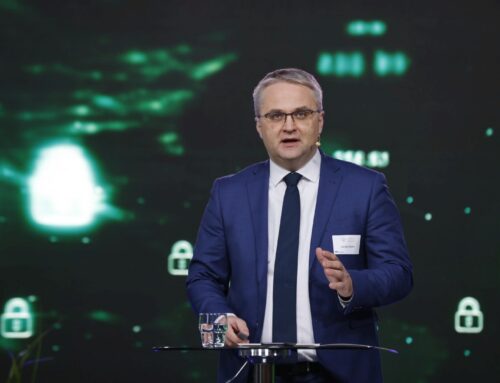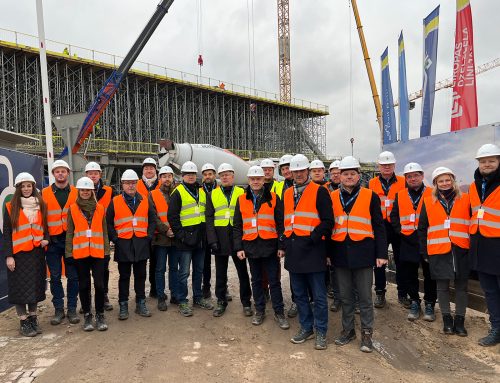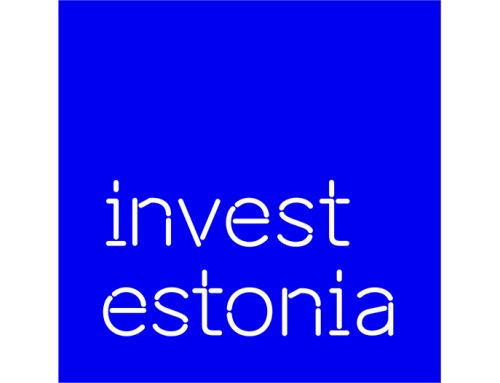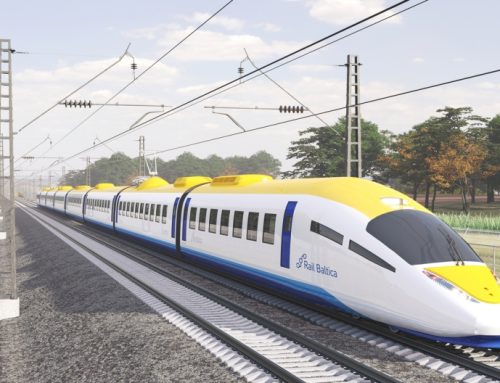The Rail Baltic Global Forum held in Riga on 24 April brought out the bottlenecks of this giant project, but indicated also that the new railway will be built and will be beneficial to the involved countries in the long run. The international survey company Ernst & Young who carried out the cost-benefit analysis, brought out that the project is financially rewarding. However, in addition to the construction costs of the project, it also needs support from the countries in the first five years, and after that, again from the year 2048, when bigger infrastructure upgrades will be needed.
The total cost of the project will be 5.8 billion euros, and its socio-economic benefits will be 16.22 billion euros. Among them, for example, savings in the amount of 3.27 billion euros due to a decrease in air pollution, 3.02 billion euros from the mitigation of climate changes, 2.87 billion euros from time savings in the transport of goods, 2.41 billion euros from time savings in the passenger transport, 2.38 billion euros from personal transport costs, 892 million euros from the improvement of security and 843 million euros from noise reduction. In addition, the project has an estimated impact of increasing the GDP in the amount of two billion euros. Also, the state will get back the value added tax from the long-term construction activities, which will eventually reduce the country’s contribution nearly 50% from the initial investment.
The Minister of Economic Affairs and Infrastructure Kadri Simson noted that Rail Baltic project is financially rewarding and economically viable. “The new cost-benefit analysis confirms once again the economic feasibility of the project and its very beneficial nature, setting the required up-to-date parameters to the continuous EU and national co-funding of the project,” said the Minister.
Assuming to have the 85% EU co-funding, Estonia would need to pay in this project with the total cost of 5.8 million euros the amount of 268 million euros, Latvia should pay 393 million euros and Lithuania should pay 493 million euros. The Rail Baltic project involves the construction of a high-speed international railway from Tallinn to Lithuanian-Polish border.

